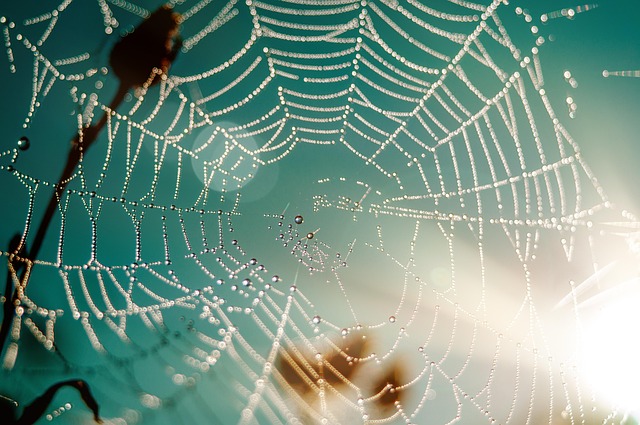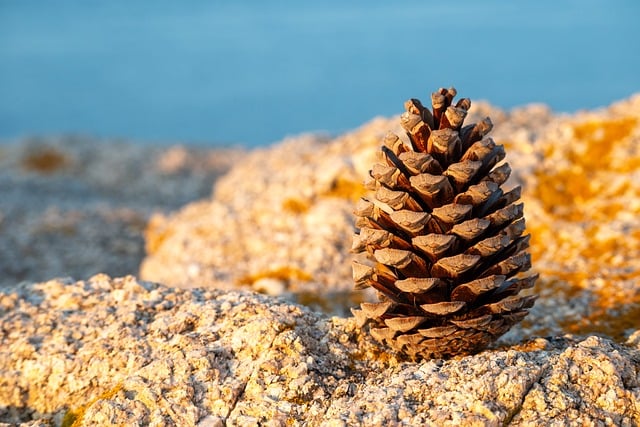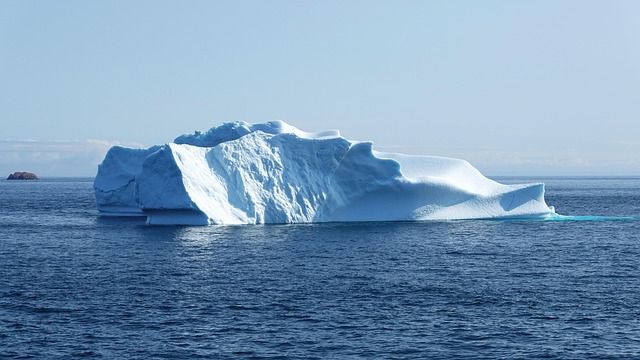The world is changing at a rapid pace, and with it, the delicate balance of our environment is tipping dangerously toward collapse. One of the most significant threats we face today is habitat loss, a devastating consequence of climate change that is leading to the disintegration of ecosystems around the globe. Trees are falling, wetlands are drying up, and once-thriving habitats are disappearing, leaving both wildlife and human populations vulnerable.
Climate change is not just a distant threat; it is an immediate reality that exacerbates habitat loss. Rising temperatures lead to altered weather patterns, pushing species out of their natural environments and forcing them into ever-shrinking spaces. As their habitats disappear, animals face the grim reality of extinction. Biodiversity loss is more than just a tragedy for our planet; it threatens food security, water sources, and even our health.
Imagine a world where the vibrant green forests are replaced by barren landscapes. The cacophony of wildlife that once filled the air has become eerily silent, leaving behind a haunting emptiness. As habitats are destroyed for development and agriculture, the ramifications ripple through the food chain, impacting not just wildlife but human communities as well. Farmers struggle with crops that depend on pollinators, scientists warn of the loss of crucial medicinal plants, and local economies suffer as the tourism industry dwindles in areas stripped of their natural beauty.
Habitat loss is not merely an environmental issue; it is a humanitarian crisis waiting to unfold. Communities that depend on natural resources for their livelihood are increasingly finding themselves at odds with the very ecosystem that sustains them. Water sources become contaminated, soil degrades, and traditional ways of life are uprooted, pushing people into poverty as they grapple with the loss of their natural heritage.
We stand at a crucial juncture where our choices can lead to a better future or a cascading series of disasters. Transitional spaces, from reforested areas to marine reserves, provide hope, demonstrating how restoration efforts can reverse habitat loss. However, these efforts require substantial commitment and action from governments, organizations, and individuals alike.
To create meaningful change, we must advocate for policies that prioritize conservation and protect vulnerable ecosystems. Supporting sustainable development initiatives can help mitigate the impacts of climate change while preserving the habitats that so many species rely on. Simple actions like reducing waste, supporting local conservation efforts, and spreading awareness about the importance of biodiversity can contribute significantly to the fight against habitat loss.
As stewards of our planet, it is our responsibility to foster an environment in which nature and humanity can coexist harmoniously. We possess the power to shape a future that embraces both ecological balance and human prosperity. The time for action is now, as the effects of habitat loss continue to escalate, driving us closer to an irreversible tipping point. Let us be the generation that chooses unity over destruction, compassion over indifference, and proactive measures that honor the fragile beauty of our planet.




